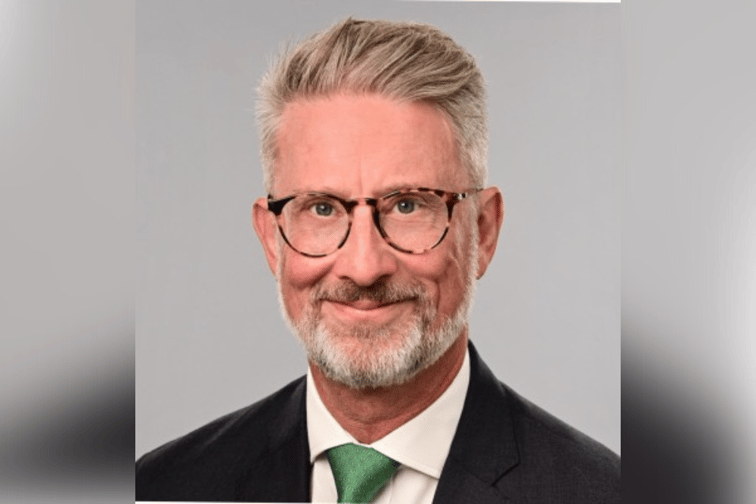

In late February, Amwins, a firm that describes itself as the United States’ largest independent wholesale distributor of specialty insurance products, announced a minority investment in an Australian insurance industry start-up firm called Rhodian.
Simon Lightbody (pictured above), Rhodian’s CEO, said this investment from the American juggernaut allowed his company, referred to in the same release as an MGA, or agency “incubator”, to launch.
“Rhodian was literally incorporated last week [at the end of February],” said Lightbody. “In terms of a concept we've been working on it for some time.”
He said the Amwin’s investment allows Rhodian to establish a platform that will facilitate developing a network of underwriting agencies. He said the “mechanics” of their platform are in place.
“We have a certain amount of structure, we have a CFO, a CTO, a tech partnership and a compliance structure being built,” said Lightbody. “We also have a brand new marketing and HR system.”
Including the CEO, there are now six employees in the Sydney, Darlinghurst office. Lightbody said his firm is working on onboarding the first couple of agencies.
Insurance Business asked Lightbody, what exactly is an MGA or agency incubator?
“The concept of Rhodian is around building a platform that allows people to come in to incubate and start their agency with all that structure and support, including finance, compliance, HR, marketing and tech,” he said. “Then we can go on a journey together.”
He said Rhodian, a name inspired by the maritime laws of the ancient Island of Rhodes, is a platform of services. Those agencies who sign up are obliged to use Lightbody’s offerings.
“It is not a choice model,” he said. “If you come in and we establish an agency together, those are the services, you don't get to go and choose your mate who's done some accounting for you, you come and take all the services from Rhodian.”
The CEO said Rhodian is also a funding model.
“You're not going to get the best and brightest stepping out of corporate environments, potentially, if they don't have a degree of safety over earnings, salary and resources, from a financial point of view,” he said. “So our investment model - the one that we pitched to Amwins - has been based on funding the agencies for about three years - we estimate it takes most agencies three years to break even.”
He said in return for that funding, Rhodian will take not less than a 50% equity stake in the agency.
“So that's our hard line but it's a varying model, it depends on the individual,” he said.
By way of example, Lightbody said a 20 year industry veteran leaving his corporate job “because he's got one last roll of the dice and he wants to build an agency” would receive different contract conditions to a less experienced industry professional.
“You'd probably consider a different equity level for someone like that, as opposed to maybe a 35 year old who's not been in the industry that long but has a degree of market following and capability on a particular product,” he said. “In this case we've got to do a lot more heavy lifting in terms of finding capacity, for instance, so we might start them off at 25% and maybe with the ability to get up to 30%.”
The way Rhodian is approaching the creation of its network of underwriting agencies seems to be an Australian market first.
“In terms of creating brand and creating equity, yes, it is unique,” said Lightbody.
He said there are other agency networks but their approach is different.
Lightbody said Agile Underwriting, headquartered in Sydney, doesn’t have a separate brand agency and instead has different entities running their own books.
There’s also Sydney based Market Lane that does have individual brands like GOAT and The Barn. However, he said, Market Lane does not have an equity position in those brands.
“So our combination of brand and equity is unique,” said Lightbody.
